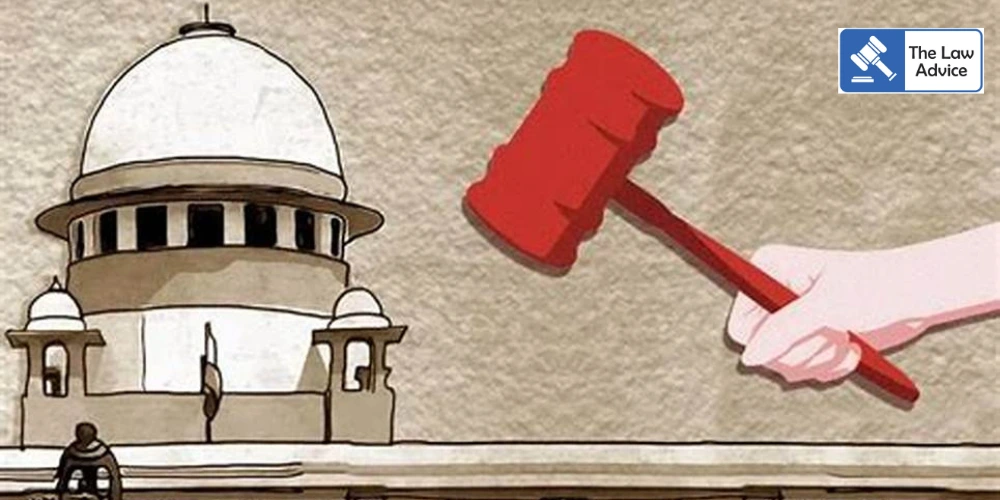
In a significant judgment, the Supreme Court has comprehensively clarified the principles governing the plea of demurrer — a procedural device that challenges the legal sufficiency of a claim without disputing the truth of the facts pleaded. In simple terms, a plea of demurrer assumes that the facts stated by the opposite party are true but argues that even on those facts, the claim cannot be sustained in law.
The Bench comprising Justice JB Pardiwala and Justice KV Viswanathan held that a demurrer is a valid legal mechanism to test a claim at the threshold, but it must be restricted to pure questions of law apparent from the pleadings. The Court cautioned that issues involving disputed facts or mixed questions of law and fact cannot be determined on the basis of demurrer. Importantly, a decision on limitation taken on demurrer does not preclude a party from re-agitating the issue on merits later.
Authoring the judgment, Justice Pardiwala laid down key principles summarising the Indian position on demurrer:
1. Nature of Demurrer: It is a plea assuming the truth of the plaintiff’s facts but asserting that the claim fails in law or suffers from a legal defect. It challenges the legal sufficiency of the pleading, not its factual accuracy.
2. Scope: A decision on demurrer must be made ex-facie the plaint — based solely on what is evident from the plaint itself.
3. Applicable Precedents: The Court referred to Man Roland Druckimachinen AG v. Multicolour Offset Ltd. (2004) and Indian Mineral & Chemical Co. v. Deutsche Bank (2004), which established that only objections not involving factual disputes can be resolved by demurrer.
4. Limitation Issues: Referring to Ramesh B. Desai v. Bipin Vadilal Mehta (2006), the Court observed that limitation can be decided by way of demurrer only if it is a pure question of law. Since determining the starting point of limitation generally requires evidence, such issues are often mixed questions of fact and law.
5. Relation to Order VII Rule 11(d) CPC: The Court drew a parallel between demurrer and applications for rejection of plaint. Both involve assessing, on the face of the plaint, whether the suit is barred by law. However, if factual disputes exist, rejection is impermissible at that stage.
6. No Waiver of Defence: The Court emphasized that when a defendant raises a demurrer, it does not amount to an admission of facts for all purposes. If the demurrer fails, the defendant retains the right to later contest the factual claims during trial.
7. Historical and Comparative Insight: Referring to Kanhaya Lal v. National Bank of India Ltd. (1913 PC) and Angelo Brothers Ltd. v. Bennett, Coleman & Co. Ltd. (2017 Cal HC), the Court reaffirmed that failure on a demurrer plea does not foreclose future factual defences.
Reiterating its stance, the Bench clarified that “a decision on limitation made on demurrer is not final,” and added that “party autonomy in arbitration cannot override statutory mandates.”
The Court’s ruling thus delineates the boundaries of demurrer practice, ensuring that the device is not misused to prematurely terminate proceedings involving factual complexities.
Case Title: Urban Infrastructure Real Estate Fund v. Neelkanth Realty Pvt. Ltd. & Ors.
Website designed, developed and maintained by webexy